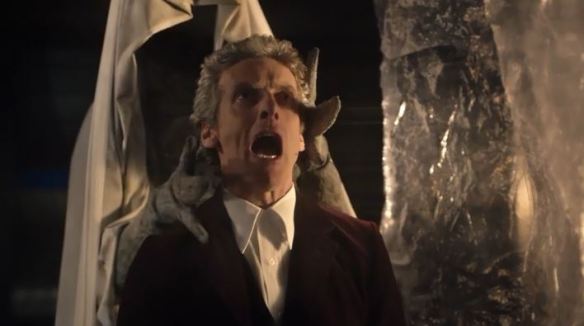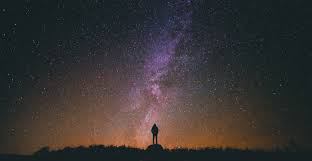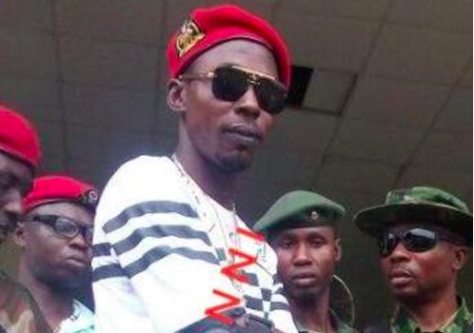
Unlike the early days of the show’s return, when the university lifestyle and the high concentration of London-based friends meant that Saturday evening get-togethers happened more often than not, my Who viewing for the last few years has often been dictated by my work schedule, and it’s rare I watch with anyone other than my partner. Heaven Sent is one of the few exceptions – I was at a birthday gathering with several stalwarts of those early days, and we had the good fortune to share the experience of watching one of the best episodes of all time.
It really is a masterpiece. You can’t take your eyes of it, even on a second viewing, thanks to the quality of the direction and the performance. Both Rachel Talalay and Peter Capaldi are two of the most talented artists the series has ever had in their respective roles, and this is greatest work of both of them. Everyone seemed to be on form – I rarely have a notable critical reaction to the music, but this soundtrack is superb, and was seemingly inspired by the 80s Radiophonic style at times.
I love how The Doctor is essentially trapped in a mid-90s point and click adventure. He has to move from one area to the next, each containing a puzzle to solve, a clue to find or an item to collect. Every now and then he runs into the main boss, which usually triggers the castle layout to reconfigure, thus starting the next level. It’s Knightmare as high drama, or as I said in an email at the time: “It was essentially The Celestial Toymaker, but not shit or racist.”
It’s a hell of a burden to be pretty much the sole character – the only exceptions being figments of said character’s imagination – for a whopping 55-minute extended episode, but if anyone can do it, it’s Capaldi’s Doctor. We learn that he has a Sherlock style mind palace, and while it’s a bit weird to see Moffat conflating his two projects, it really works, and makes total sense – that’s why The Doctor, much like Holmes, is always two steps ahead of everyone else.
I can honestly say that I don’t give a solitary shit about any supposed inconsistencies or alleged plot holes. For one thing, the ends justify the means, but also the entire episode quite literally takes place in a magic castle. Anything goes really, and it’s pretty easy to headcanon your way around it if needs be. Some rooms reset to default, others don’t. Maybe they don’t all change at the same time. Maybe things The Doctor brings with him stay where they are regardless. I think that last one covers most of it – the skulls, the clothes, the dust/sand he writes in – and I think the big diamond wall remaining punched is in line with that kind of thing. I think.
But really, it doesn’t matter, as the solution to the main overarching puzzle is so magnificent. There’s a small clue a few minutes in advance, when a transition shows that the skull is the exact same size as the Doctor’s own head. I adore the big montage, which speeds up incrementally with tiny variations each time. By the end of it, the Doctor’s been trapped in a loop for over two billion years, and suffered countless painful, burning deaths. And he says he remembers all of it. That’s some intense psychological trauma. The Twelfth Doctor is over two billion years old. Stick that in your pipe and smoke it, Eleventh Doctor.
The reveal of Gallifrey at the end is amazing too. What a series this is.
RATING: 10
Advertisements Share this:




